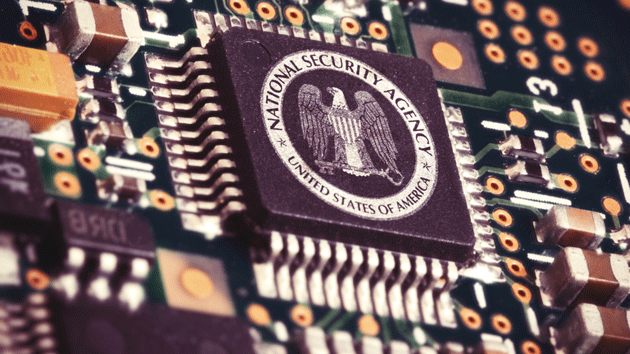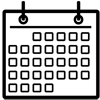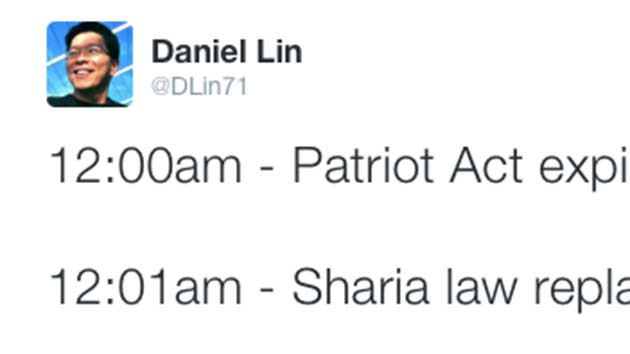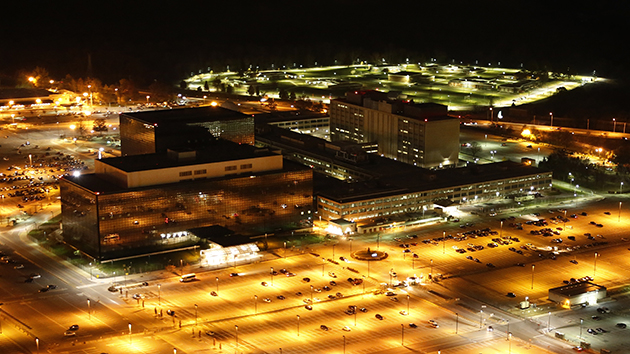
<a href="http://www.shutterstock.com/cat.mhtml?lang=en&language=en&ref_site=photo&search_source=search_form&version=llv1&anyorall=all&safesearch=1&use_local_boost=1&autocomplete_id=14332143032416922000&searchterm=NSA&show_color_wheel=1&orient=&commercial_ok=&media_type=images&search_cat=&searchtermx=&photographer_name=&people_gender=&people_age=&people_ethnicity=&people_number=&color=&page=1&inline=261855341">Christian Reisinger</a>/Shutterstock
The Senate over the weekend let lapse some of the most controversial portions of the Patriot Act, including a provision that had been used by the National Security Agency to justify collecting American citizens’ phone records en masse. Every day, the NSA receives from US phone companies metadata on billions of domestic calls, including the time the call was placed, its duration, and the originating and receiving numbers (but not the contents of the conversations). Privacy advocates have criticized the program as one of the worst examples of the Patriot Act’s overreach, allowing access to potentially revealing information on basically any American citizen.
Although it remains unclear how the lapse of the law might actually play out, the effect of suspending the data collection for even a single day is gigantic in terms of the amount of information at stake. By Monday at midnight, 24 hours after the bulk data provision expired, the NSA would have normally collected metadata on 3 billion phone calls, according to a 2013 estimate by former NSA employees. Consider what would happen if each call log was put into its own line on an Excel spreadsheet:

Entering all of the data would take a single human typist at least 460 years.

Printing out the data would require a 24,000-foot stack of letter-sized paper—the height of 13 World Trade Centers.

The paper would weigh 740,000 pounds, or as much as could be carried by 17 big rigs.
And yet that’s just a drop in the bucket compared to the NSA’s overall capabilities. The agency can still wiretap overseas communications, not to mention view any domestic internet and call logs that are at least “three hops” from a suspected international terrorist. “You could call the same pizza delivery place as a terrorist and you are only two hops away,” explains Ars Technica’s Sean Gallagher.
A proposed Patriot Act reform bill now under consideration in Congress, the USA Freedom Act, would retain a “two hops” rule and require the data to be stored by phone companies instead of by the US government. But that may not represent such a major change. “They are going to still be able to go to phone companies and request that data,” Gallagher points out. “And they won’t necessarily need a warrant to get it.”
Image credits: James Keuning, Jake Dunham, Mike Wirth.












